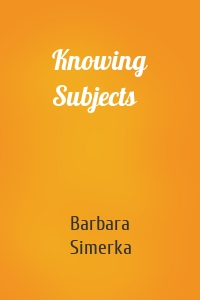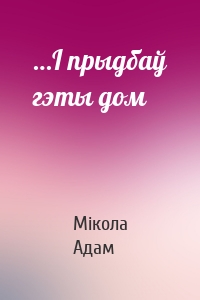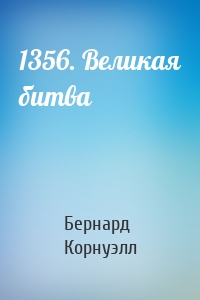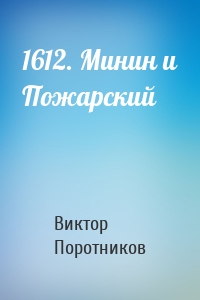
Discourses of Empire скачать fb2
Barbara Simerka - Discourses of Empire краткое содержание
The counter-epic is a literary style that developed in reaction to imperialist epic conventions as a means of scrutinizing the consequences of foreign conquest of dominated peoples. It also functioned as a transitional literary form, a bridge between epic narratives of military heroics and novelistic narratives of commercial success. In Discourses of Empire , Barbara Simerka examines the representation of militant Christian imperialism in early modern Spanish literature by focusing on this counter-epic discourse. Simerka is drawn to literary texts that questioned or challenged the imperial project of the Hapsburg monarchy in northern Europe and the New World. She notes the variety of critical ideas across the spectrum of diplomatic, juridical, economic, theological, philosophical, and literary writings, and she argues that the presence of such competing discourses challenges the frequent assumption of a univocal, hegemonic culture in Spain during the imperial period. Simerka is especially alert to the ways in which different discourses—hegemonic, residual, emergent—coexist and compete simultaneously in the mediation of power. Discourses of Empire offers fresh insight into the political and intellectual conditions of Hapsburg imperialism, illuminating some rarely examined literary genres, such as burlesque epics, history plays, and indiano drama. Indeed, a special feature of the book is a chapter devoted specifically to indiano literature. Simerka's thorough working knowledge of contemporary literary theory and her inclusion of American, English, and French texts as points of comparison contribute much to current studies of Spanish Golden Age literature.
Скачать книгу «Discourses of Empire» Barbara Simerka
Чтобы оставить свою оценку и/или комментарий, Вам нужно войти под своей учетной записью или зарегистрироваться




